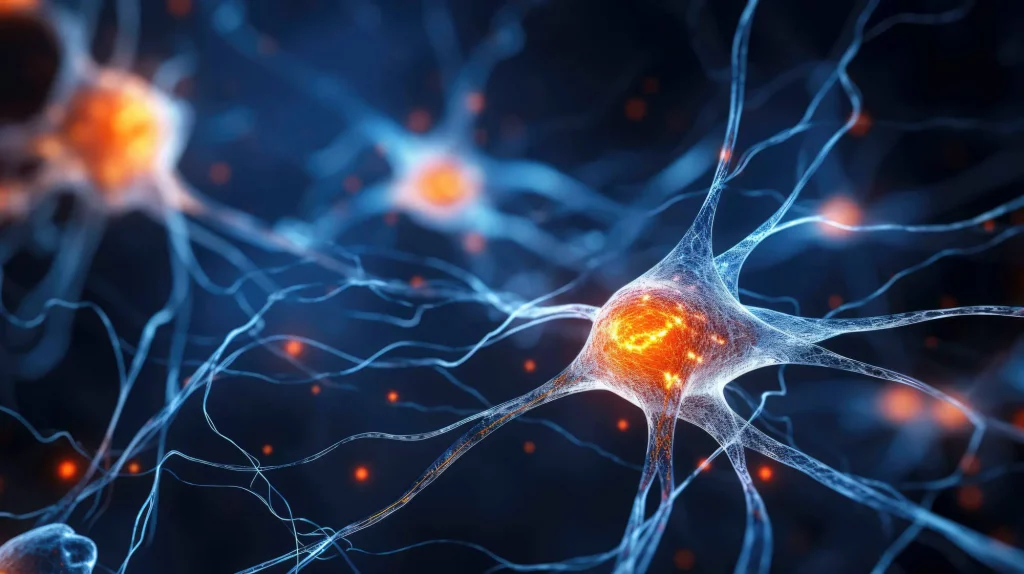How does your compound reduce neurodegenerative processes or ageing?
Disrupted mitochondrial function contributes to premature ageing of the central nervous system. The pathogenesis of many major neurological conditions – Alzheimer’s, Parkinson’s and Huntington’s disease, ischaemic stroke, neuropsychiatric disorders – has also been linked to mitochondrial dysfunction.
To investigate the potential effects of compounds developed to reduce and/or prevent ageing and neurodegenerative process, the assays run on our MitoXpert® platform assess mitochondrial function in neuronal cells (neuroblastoma).

Sustained mitochondrial damage results in energy metabolism dysfunction, decreased ATP production, increased reactive oxygen species (ROS) burden, and reduced calcium buffering. All of these effects lead to neuron loss, a contributor to both acute and chronic degenerative neurological disorders.
With MitoXpert®, you can investigate mitochondrial functionality on pathological CNS cellular models, focusing on:
These assays can be performed in basal or pathological conditions, by provoking metabolic or oxidative stress, or implementing an ischaemia/reperfusion model (hypoxia and glucose deprivation).
Direct effect of compounds can also be evaluated on isolated mitochondria from rodent brain, in compliance with the 3R principle.

